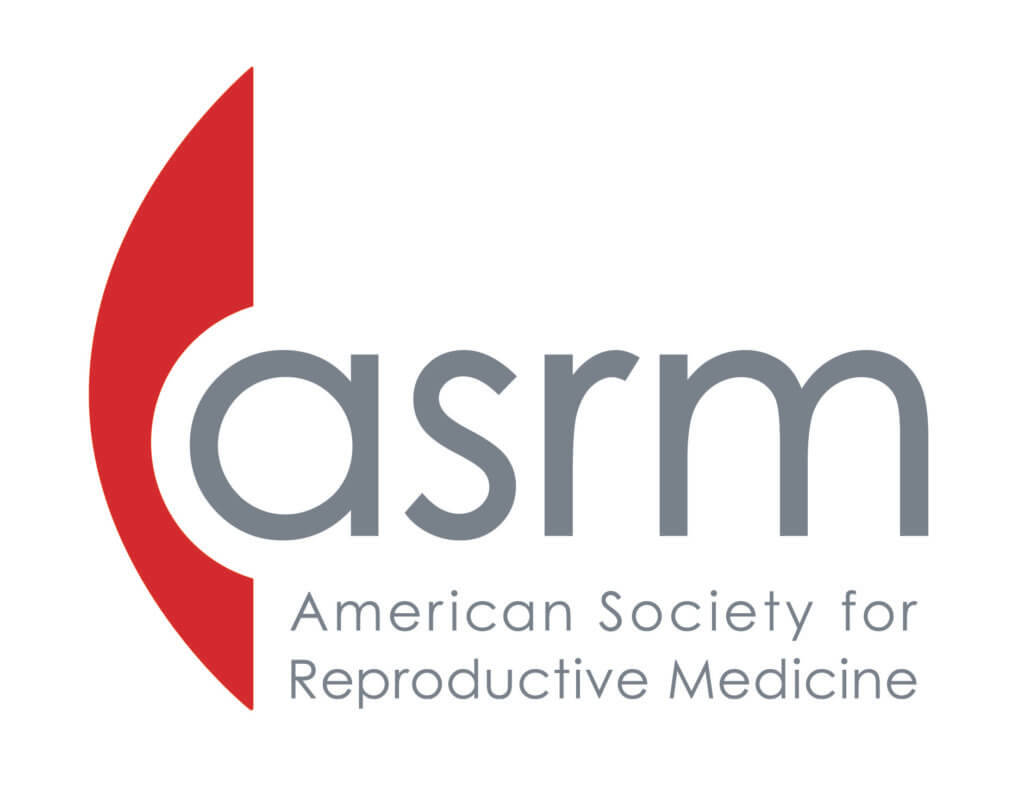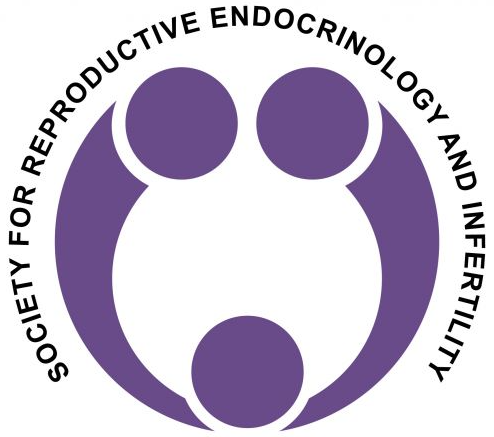Some patients fulfill their dream of having a baby through the use of sperm donation. There are a number of treatment protocols for using donor sperm, depending on each patient’s medical situation.
- Natural cycle insemination timed by using urine ovulation prediction kits (OPK)
- Ovulation-inducing pills timed by urine OPK or by ultrasound monitoring and a “trigger” injection to release the egg/s
- Ovulation-inducing daily injections, ultrasound monitoring, and a “trigger” injection to release the egg/s
A CRM physician will discuss which protocol is appropriate.
Purchasing Sperm for TDI
There are two types of sperm preparations available to purchase: unwashed and prewashed. This terminology refers to the necessity of separating the sperm itself from the seminal fluid in the ejaculate before the intrauterine insemination (IUI) is performed in the clinic. If unwashed sperm is purchased, it must be “washed” before doing the IUI by the Andrology lab.
Donor Sperm for IVF
CRM only accepts Donor Sperm from accredited, FDA-compliant Sperm Banks.
Known Donor
Known donors need to use an FDA approved lab for testing, quarantine, and screening as per the FDA guidelines for IUI and IVF procedures.





